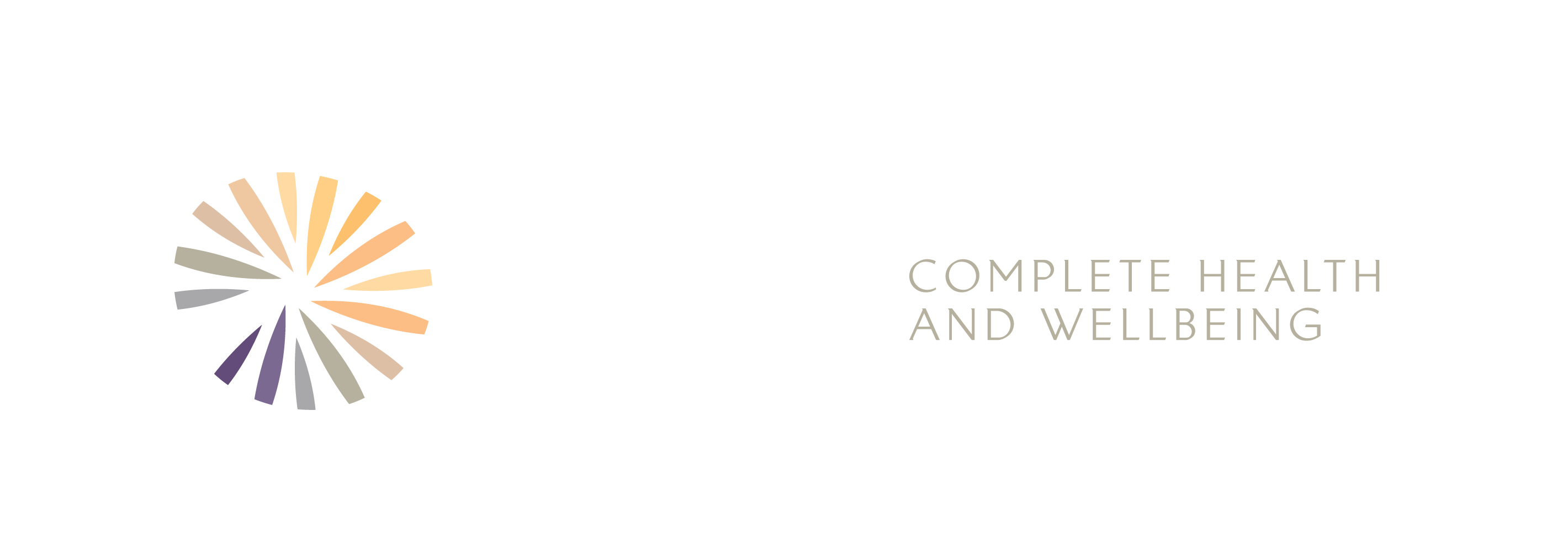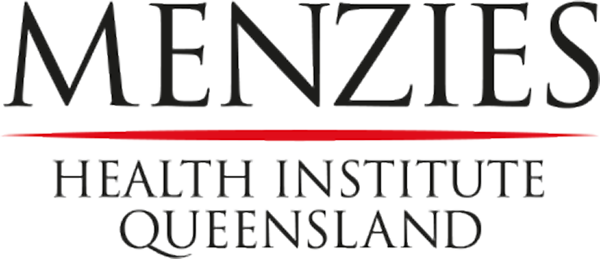Cultural Translation
Professors Anderson and McCarthy and their research teams have developed and tested the Women’s Wellness Cancer-related Programs to address the many and frustrating common treatment-related after effects in women of European origin. Successful in European cohorts, there was an awareness that people of other cultures are often limited by poorer access to health care and programs that do not meet their cultural norms and expectations. Hence considerable work is being undertaken to develop our Wellness Programs to meet the needs of culturally diverse groups. Some examples of this work are discussed below.
Catalyst Project
Advances in breast cancer treatment have transformed survival rates to more than 90% at five years and 20% at twenty years after treatment in Australia, New Zealand and other developed countries. However, it is demonstrated that Māori, Pacific and Asian women in New Zealand are at greater risk of diagnosis and subsequent recurrence of their cancer, furthermore they are at higher risk of some of the long term physical and psychological side effects of treatment. This increased health risk is a contribution of underlying biology as well as frequently poorer access to health care.
Our original Women’s Wellness after Cancer Programs (WWACP’s) were designed to reduce treatment side effects and encourage whole of life healthy lifestyle habits. The programs were originally developed with successful outcomes in women mainly of European origin. It was decided that a collaborative including Griffith University (Professor Debra Anderson), the University of Auckland (Professor Sandie McCarthy) and the Chinese University of Hong Kong (Dr Ka Ming Chow), would work together on a project called “Harmonising principles, processes and outcome measures to enable culturally specific health promotion after breast cancer”. This meant translating the existing programs to meet the culturally specific needs of Chinese women in Hong Kong and New Zealand; and Māori and Pacific women in New Zealand. The funding for this was provided by the Royal Society of New Zealand.
This work commenced in 2017 with collaboration of not just the university researchers but with the different communities comprising Māori, Pacific and Asian breast cancer survivors. This partnership approach was to ensure the WWACP was meaningful and feasible for these populations. To-date, this work has led to a Chinese specific Women’s Wellness after Cancer Program in Hong Kong and the beginnings of a feasibility study called the Kōwhai Study which will be discussed a bit further on in this page.
Adaption of the Younger Women’s Wellness after Cancer Program for Māori Women.
Developed and piloted in Australia, the original program and resources have been adapted to meet the expressed cultural aspirations and needs of Māori women. The Kōwhai study aims to test the Hononga Māreikura, Younger Women’s Wellness after Cancer Program (HMYWWACP) by trialling the culturally aligned program/resources with a group of 20 younger New Zealand Māori women who completed treatment for breast cancer prior to their participation in the pilot study.
Pasifika Women’s Diabetes Wellness Program
The Pasifika Women’s Diabetes Wellness Program (PWDWP) was developed together with the Pasifika women with type 2 diabetes living in Queensland. The PWDWP is a 12-week e-health promotion and lifestyle education intervention delivered by a trained community nurse or diabetes educator. It is family centred and culturally adapted from the Women’s Wellness with Type 2 Diabetes Program (WWWT2DP) to meet the needs and cultural preferences of the Māori and Pasifika women living in Australia. Framed from Pacific Health Models, it focusses on ‘Wellness’ with the emphasis on family, culture, collectiveness and spiritually in promoting the health and wellbeing of API women with type 2 diabetes.
The PWDWP can be delivered virtually which utilises internet-connected consumer electronic devices that are in common use in Australian households. Using a hard copy or interactive journal, participants work through a flexible program, supported online by community nurse/diabetes educators as well as through peer support and face-to-face interactive sessions in community and family settings. The benefit of this program is reflected in the development of a culturally tailored program using culturally appropriate methodology and community approaches, specifically with and for Pasifika women with type 2 diabetes that promotes sustainability.






